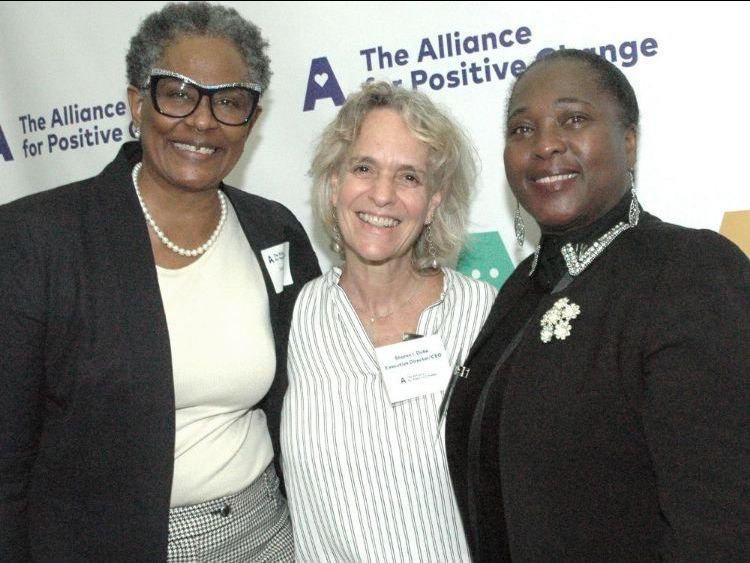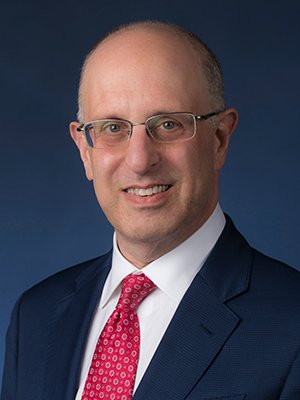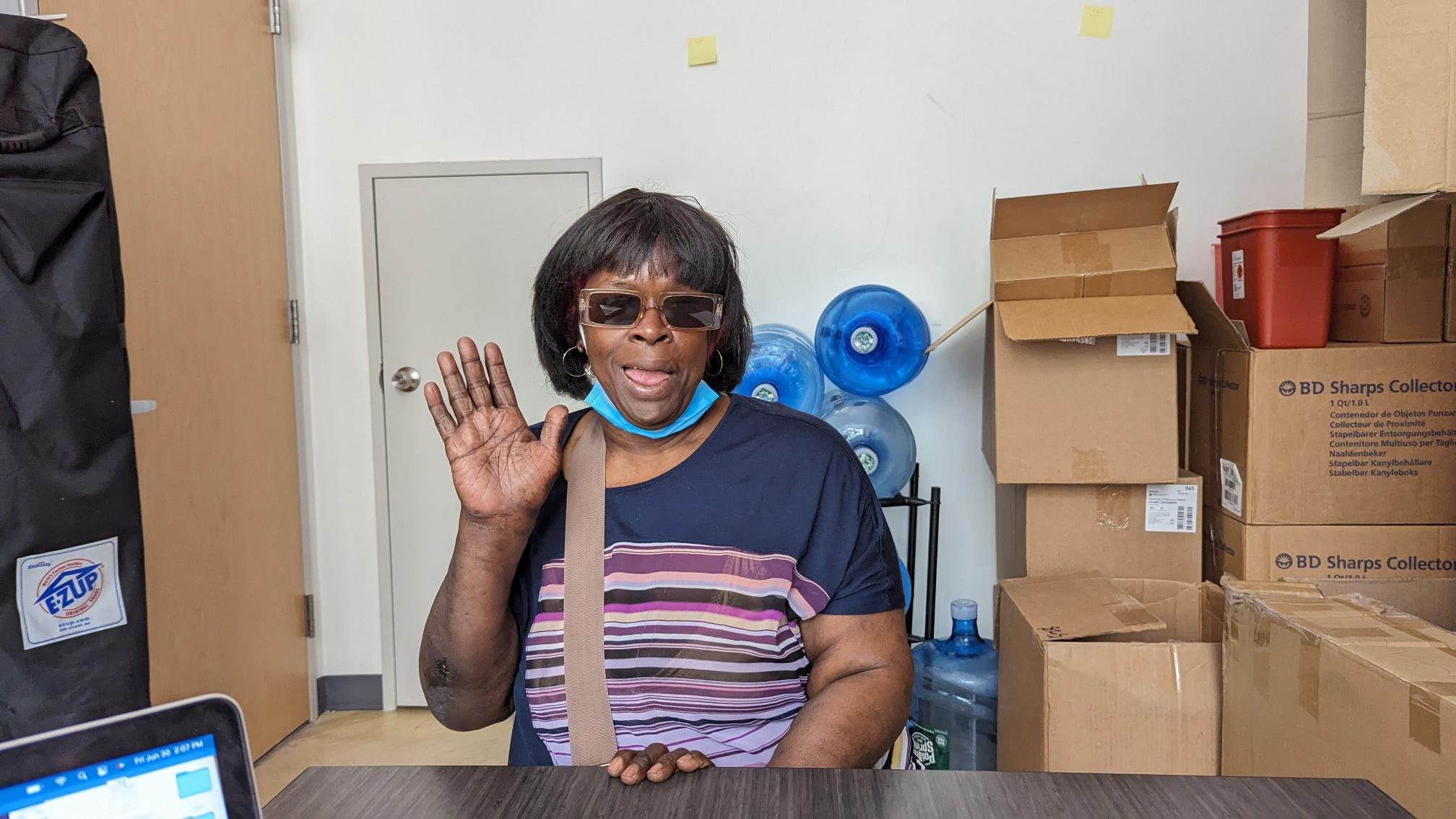1. Tell us a little about yourself, who you are, what you do, and what brought you to Alliance?
I was born in the Dominican Republic and came to USA when I was 14 years old. I’m a gay man with a Master’s degree in Social Work and have been at Alliance for almost a decade.
My mother wanted me to be a lawyer, so I went to college and graduated with three majors: French, Philosophy, and Psychology, thinking that would be a good combination to get me into Law School. My interest in social work initiated at 19 by attending support groups and then volunteering for a non-profit. After graduating college, I got a job as a Health Educator leading groups and providing educational sessions at another non-profit primarily helping Latino gay and bi-sexual men—I joined the Alliance family a couple of years after that.
2. Tell me about your current program/service and what problem it solves.
I currently work in our Health Homes Care Management program, helping Medicaid recipients living with chronic medical conditions and experiencing social barriers in accessing care, such as homelessness, food insecurity, mental health challenges, income, etc... We see that people experiencing these barriers are more likely to get sicker. Our goal is to keep them from needing to be hospitalized with life-threatening situations by addressing these barriers. We help them get to medical appointments, receive guidance on securing needed benefits, and maintain a healthier life-style.
I supervise a team of case workers and mentor three Peers currently: Rinaldo, Steven, and Brittany. Some of the peers I supervised over the years started as clients and are currently part of the Alliance Staff. I help Peers use their lived experience to serve as an example for clients. They can reach clients in ways I cannot.
3. How has social work changed since you’ve been in the field?
My career has changed as it is now more administrative and supervisory than directly with clients. My client case load used to be 60 clients, back in 2014—many with barriers like homelessness, no phone access—but now I supervise a team who meets with these people. I consider my team’s clients my clients, and I know a good amount of them by face and voice. Not all 300, but most.
4. What about the rise of telehealth?
Yes, telehealth. The pandemic really made it more mainstream, and there are pros and cons. Accessibility is a pro for people who are tech savvy. But you might miss certain non-verbal cues. Some clients at Alliance really struggled with telehealth because of income status, internet connectivity issues, or tech-savviness. Most of the people who want face to face interaction might not feel as comfortable with it, so we tried even early on in the pandemic to accommodate by meeting face to face in the community. However, I feel that telehealth is an additional method we can use maintain clients engaged.
5. Is there an achievement or contribution you are particularly proud of?
I think we have to look at each case individually. Some goals are easier to achieve than others. Most clients can use one achievement to jump start another. Some have used securing stable housing to immediately enroll in our Peer Training program, or go back to school, or start a family.
In order to service our clients, we need to get creative. There’s no cookie cutter way. I had a client living with dementia who initially couldn’t remember our sessions. He always wanted to go back to Puerto Rico, where he was from, but had no family—and he couldn’t remember this, either. I found we could keep him engaged when I made our visits both social as well as clinical. I’d play cards with him. Sometimes I’d bring Peers with me so it felt like more of a full house. And in accompanying him to medical appointments, we were doing more than just talking.
6. If you could do anything in addition to what you are doing now, what would it be?
In addition to working at Alliance full-time, I also work part-time as a psychotherapist with about 14 clients weekly. I am working toward getting my LCSW (clinical license). When I leave here, I usually work four more hours, primarily telehealth because it is easier for the clients I get assigned.
7. So social work is a big part of your life. Do you have a philosophy for approaching the work?
All clients are unique. One thing that’s necessary to keep in all interactions is a smile. You never know what someone is going through and greeting them with a smile can be a good start.
8. Tell me about Jossiel outside of work (here and psychotherapy work)
I enjoy drawing, dancing, exploring the city and socializing. I like to do things that are fun. As a kid, I took art and swimming classes. I like to swim and garden. I do not have a garden at the moment but have a lot of plants—orchids, succulents, others.










